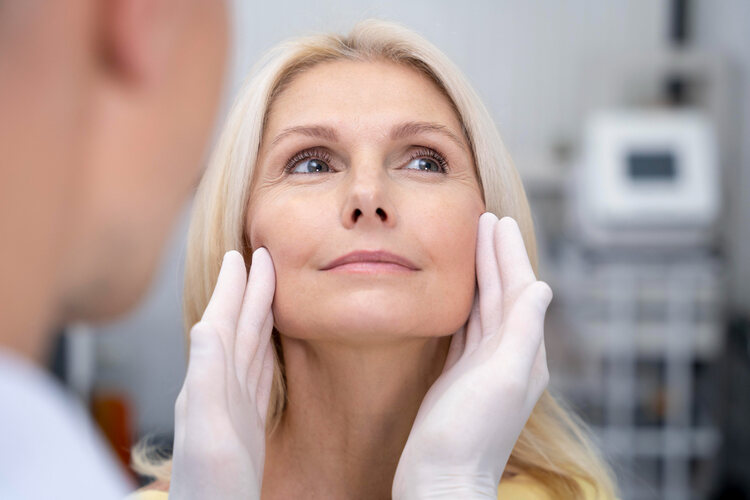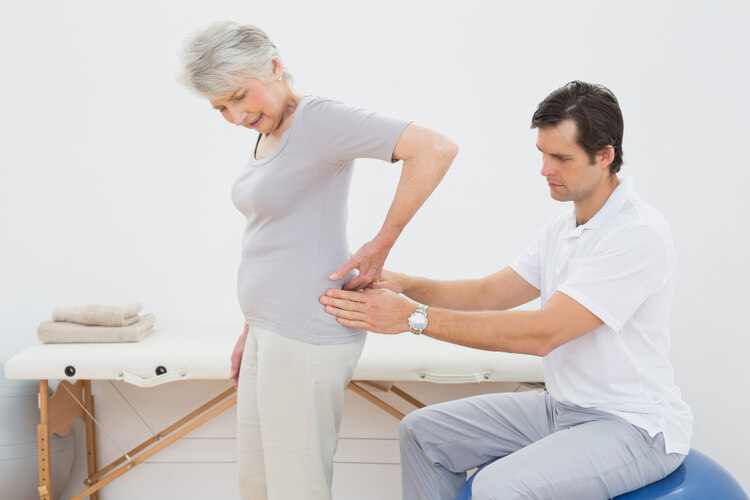What causes Malaria?
Malaria is caused by the bite of the Anopheles mosquito. Only the female ones are capable of making you sick. The disease is caused by the transfer of the plasmodium from a sick person to a healthy individual.
When the female mosquito bites a sick person, the microorganisms enter the body of the mosquito. The plasmodium then multiplies and grows in number within it. Later, when the same mosquito bites a healthy person, the plasmodium moves onto the next host.
If you are experiencing the symptoms of a malarial infection, then you need to take a malaria test to confirm the disease. Only then the doctor will be able to prescribe medicines for your treatment.
Symptoms:
- Fever – Like any other infection, fever is a given when you have malaria. These fevers are not continuous. You will be experiencing them in cycles like the stages of the infection. So, you can expect the fever to return after every two to three days.
- Shivering – Shivering will probably be the first symptom you will have. Even if you are not feeling particularly cold, you will be having these uncontrollable chills. It may not stop even after you cover yourself with layers. Although it does stop on its own after a while.
- Sweating – All those layers are going to make you hot and sweaty. But your body will be producing sweat anyway.
- Nausea – A malarial infection can make you feel nauseous. You may even throw up a couple of times. It may get so bad that you are unable to leave the bed for a couple of days.
- Diarrhoea – This is not a common symptom, but some patients are known to suffer from diarrhoea during malarial infection.
These are the symptoms of simple malaria. There can be a more complicated malarial infection as well. It is caused by Falciparum. These have more severe symptoms such as anemia, convulsions, seizures, and trouble breathing. It can even cause jaundice. So, you will be having two diseases at the same time.
The different types of malaria can be differentiated by the symptoms, but they need to be confirmed by a malaria test.
Complications:
Malaria can have a long-lasting effect on the body of the patient.
- The anemia present during the infection can continue even after the disease has been treated. You will need to take the necessary steps to bring your haemoglobin levels back up.
- The breathing problems are caused by fluid accumulation in the lungs. It will take additional treatment and time to come back to normal.
- There is a high chance of organ failure when the effect of the malarial infection is too severe. The organs that can be affected are the lungs, spleen, and kidney.
- Brain damage is also a possibility. If the infected cells block the passage of blood to the brain then it can result in brain damage. The brain will not receive enough blood and it can swell up.
Diagnosis:
There are several tests that a doctor can ask you to get. All of these are done in different ways but all of them are used to confirm malaria.
- Thin blood smears – A small amount of blood is required for this test.
- Thick blood smears – A large amount of blood is required for this test.
- Polymerase Chain Reaction – When the infection is in the early stages, this test is useful. It can identify the type of malaria even when the parasite count is low in the blood.
- Antibody Testing – Instead of checking the blood for traces of the parasite, it will identify the antibody produced by the body. Specific antibodies will be produced in case there is a malarial infection in the body.
- Rapid Diagnostic Tests – A strip is used to conduct the test. The colour of the strip will change if the blood is infected.
Treatment:
The treatment for the infection is prescribed by your doctor. It depends upon the severity of the symptoms that you are experiencing and the type of malaria that you have. Only after determining malaria through a malaria test, the doctor will prescribe medicines for your recovery.
Prevention:
As everyone knows, prevention is better than cure. So, you need to be extra careful about it. The only way you can prevent this disease is by protecting yourself against all mosquitos. Since you cannot single out a female90 Anopheles mosquito.
Protection methods include mosquito repellents and nets. These will keep any insects from getting too close to you. Wearing long sleeves and long bottom wear that covers your legs will also keep you safe.
Anopheles mosquitoes are known to bite only around dawn or dusk that is during the twilight time. Also, they can only fly to a low height, so you must have protection for your feet and ankles. Thick socks and shoes will help you avoid the bites. You must do everything you can to make sure you do not have to take a malaria test.




